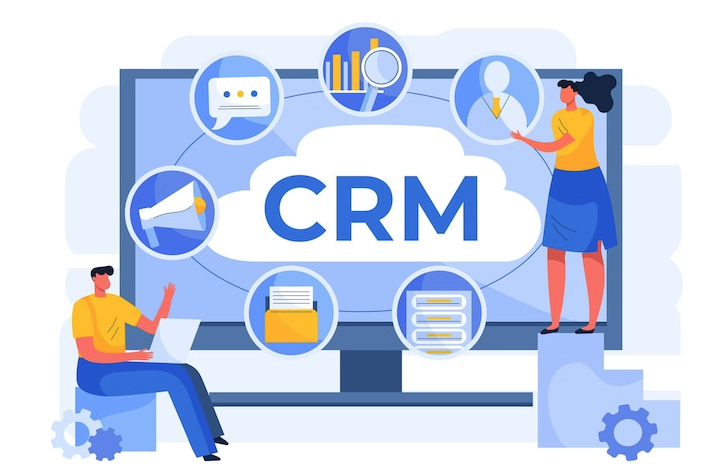
Unleash the Power of Sales CRM Systems: Overcoming Adoption Challenges with Deep Learning AI
Customer Relationship Management (CRM) systems have become indispensable tools for businesses, particularly in the sales domain. We know them to offer a plethora of benefits, including improved customer insights, enhanced communication, and streamlined processes.
But, do we really use them to their full capacity? Truly?
Despite their potential advantages, adoption rates of CRM systems in sales teams have often long been poor. Perhaps they’re seen as too complex, they waste too much time or sit firmly in the ‘boring admin’ category which, typically, go get ‘em sales teams care to forgo.
At cloudapps, we’re keen to explore some of the key reasons behind this issue and discuss how the integration of deep learning AI in particular, can maximise CRM investments, leading to increased productivity, efficiency, and revenue generation. That’s what we call a win:win.
Challenges in CRM Adoption
Complexity and Learning Curve:
One primary reason for poor CRM adoption is the perceived complexity of the systems. Sales teams are often reluctant to invest time in understanding and learning new software, fearing it might hinder their productivity initially. New CRM installs can take a vast amount of time to set up (not to mention vast sums of money) so there’s no surprises busy sales teams don’t like to invest the time.
Lack of Proper Training:
Poor training on CRM systems can lead to underutilisation, misuse or no use at all, ouch. Without proper guidance, sales teams might struggle to navigate the platform effectively, leading to frustrations and a reluctance to embrace CRM tools.
Easing the Data Entry Burden:
Manually inputting customer data into the CRM can be time-consuming and tedious. Sales representatives may view this task as a burden and might prefer spending more time on actual selling activities.
Resistance to Change:
Sales professionals often rely on their existing methods and may be resistant to adopting new technologies. They might perceive CRM systems as a threat to their autonomy or see little value in them. ‘Why bother with the admin, i’ll just stick to my spreadsheet’ may have been uttered once or twice across the sales floor…
Maximizing CRM Investment with Deep Learning AI
So, what can be done to buck the trend and to start getting everyone to use your CRM as it was intended to be? Let’s take a look at some solutions:
Intelligent Training and Support:
Implementing AI-powered virtual assistants or chatbots within CRM platforms can provide real-time, personalised training and support to sales teams. These virtual assistants can guide users through complex tasks, answer queries, and offer suggestions to improve CRM utilisation.
Automated Data Entry:
Deep learning AI can be utilised to automate data entry by extracting relevant information from emails, call transcripts, and other sources. This alleviates the burden of manual data entry, allowing sales representatives to focus on building relationships with customers and closing deals. Take away the ‘admin’ and you’re left with a much more efficient process.
Predictive Analytics:
Work smarter, not harder! Integrating deep learning AI into CRM systems can unlock powerful predictive capabilities. By analysing historical data, customer behavior, and market trends, AI can provide sales teams with valuable insights, such as lead scoring, sales forecasting, and personalised recommendations for each target account.
Where do you start?
Adopting CRM systems in sales can be challenging, but it needn’t be when you’ve got cutting-edge technology on your side.
By leveraging AI’s capabilities to enhance user experience, automate data entry, provide intelligent support, and offer predictive analytics, businesses can maximize their CRM investments. Embracing AI-enhanced CRM systems can lead to increased productivity, improved customer relationships, and ultimately, higher revenue generation for sales teams.
As technology continues to advance, the future of CRM in sales looks promising, with AI playing a pivotal role in driving success and growth.



